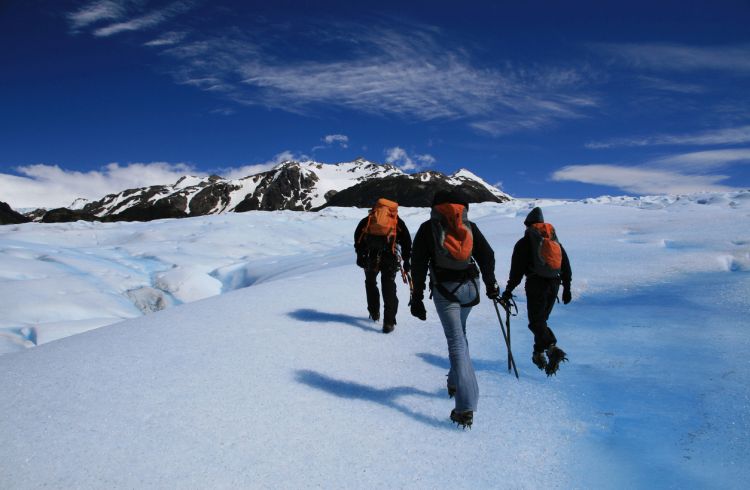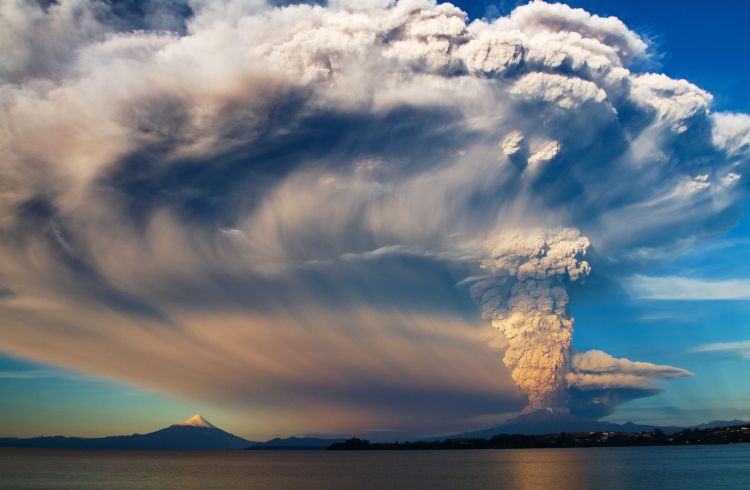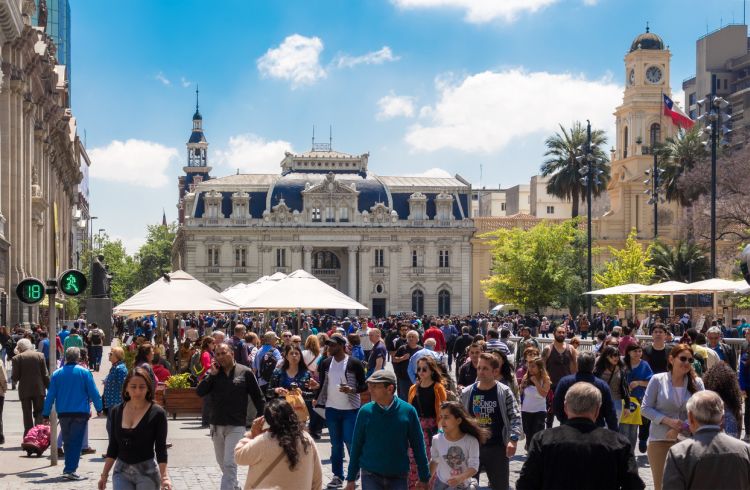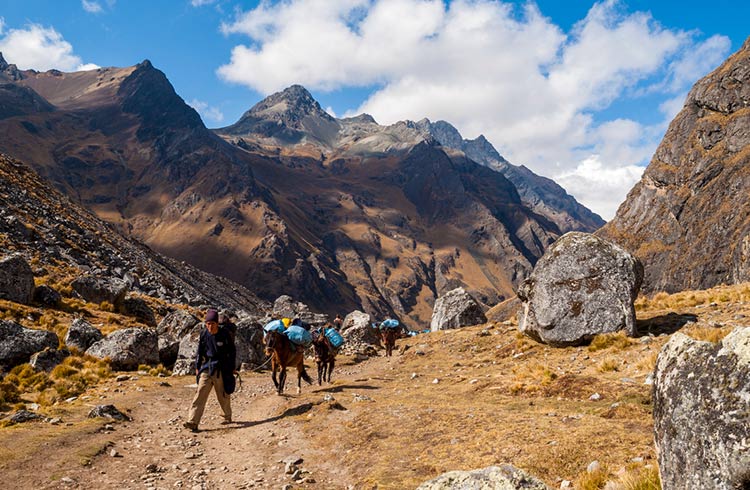How to Stay Healthy While Traveling in Chile
What vaccinations do you need for Chile, and can you drink the tap water? Amelia Brady shares her tips on staying safe at high altitudes and avoiding medical mishaps while traveling around Chile.
 Photo © iStock/jacynthroode
Photo © iStock/jacynthroode
From the desert landscapes in the north to the ice of Patagonia in the south, plus delicious food and welcoming locals, Chile is one of my favorite destinations in South America. I felt mostly safe in the cities, and am very proud to say I didn't get sick on my trip (like I usually do when I travel).
Travelers' chances of falling ill in Chile are low due to good levels of hygiene and food safety. However, there are health risks at high altitudes, and while hiking or taking part in adventure activities.
Here are a few tips to avoid any potential risks to your wellness while traveling in Chile.
- Volcanic eruption health risks
- Altitude sickness in Chile
- Pollution and other health issues
- What vaccinations do I need before traveling to Chile?
- Tap water in Chile
Volcanic eruption health risks
One of the most dangerous things travelers can encounter in Chile is the hazardous ash, dust, and fumes that are emitted from the various active volcanoes throughout the country. During and following a volcanic eruption, these toxic materials can be much more widespread than many people realize.
Exposure can cause a variety of health conditions, particularly those involving the respiratory system, and can severely affect breathing. It is especially dangerous to anyone who already suffers from a respiratory condition.
If you are traveling in Chile while ash and other volcanic elements are falling, take appropriate precautions to avoid exposure. Remain indoors whenever possible, with doors and windows shut.
Place damp towels at door thresholds and any place where contaminated air may get in.
If you must go outside, use a face mask for protection. Clothing that covers exposed skin and goggles to protect eyes are also recommended.
Altitude sickness risk in Chile
Chile has several areas that are at high altitudes, such as the town of San Pedro de Atacama in the north which is at 7,900ft (2,408m).
These high-altitude destinations are popular among adventure travelers, but it's important to remember that rapid ascent into higher altitudes can cause a number of health concerns.
Traveling to areas greater than 8,200ft (2,500m) can cause altitude sickness, a dangerous condition that can affect anyone, regardless of fitness level, and which can be fatal.
A few tips to reduce your risk of altitude sickness include: drinking plenty of water to stay hydrated, limiting your physical activity (don't rush or run up stairs, walk slowly) and if you begin to feel short of breath speak to your guide and take a rest.
Be aware of the symptoms of high-altitude pulmonary edema (HAPE), a life-threatening condition where fluid builds up in the lungs. Read more about the various stages of altitude sickness.
Anyone who has suffered altitude sickness before has an increased risk of experiencing it again, and people who have existing breathing conditions should also be extra prepared.
If you are traveling to Chile from Salar de Uyuni in Bolivia, you will already be acclimatized due to the higher altitudes on the salt flats (which reaches a height of 11,995ft/3,656m).
The consumption of alcohol prior to acclimatizing to the change in altitude can also be a contributing factor and should be avoided.
Pollution and other health considerations
If you are planning to go hiking or partake in other outdoor activities during the winter months in Chile (June to September), pack good quality winter clothing to protect yourself from frostbite and hypothermia. Find out if national parks are open during the winter in Patagonia, as some trekking huts and companies close at the end of the trekking season, and come prepared with camping equipment and sufficient food for the duration of your hike.
Smog and air pollution can be an issue, particularly in downtown Santiago, and can cause a variety of breathing issues for children, the elderly and anyone who suffers from existing respiratory problems. The government issues regular alerts, declaring either a pre-emergency or emergency state, so be sure to keep up with local news reports while you are there. The months of December through March see a significant increase in air contamination, so consider traveling outside of this period if this is a concern for you.
What vaccinations do I need before traveling to Chile?
Transmissible diseases, like cholera, are reported throughout Chile, and Hepatitis B and typhoid are not uncommon during the warmer months. See a travel doctor to get the most accurate advice on which vaccinations you need prior to traveling, and ask if you require any updated booster shots to lessen your chances of catching a dangerous illness.
Dengue fever and other insect-borne diseases are also present in Chile, with occasional outbreaks reported on Easter Island. If you're planning a visit there, take appropriate precautions to avoid being bitten by mosquitoes.
The World Health Organization recommends the following vaccinations for Chile:
- Hepatitis A and B
- Typhoid
- Rabies
- Meningitis
- Polio
- Measles, mumps and rubella (MMR)
- Tdap (tetanus, diphtheria and pertussis)
- Chickenpox
- Shingles
- Pneumonia
- Seasonal influenza shot.
While a Yellow Fever vaccination certificate is not required for travelers entering Chile, it is required for various other destinations in South America. If you are traveling to more than one South American country, ask your doctor if you need a Yellow Fever vaccination for your next destination.
Can I drink tap water in Chile?
Yes. And no. The tap water in the cities is clean and safe to drink in Chile, but should be avoided in rural areas. Just be aware there is a high level of minerals in the tap water, which can cause stomach pains or make you feel sick. As a rule of thumb, it's always a good idea to stick to boiled or treated water while traveling through South America.
Unpleasant traveler's diarrhea can also occur from the consumption of unfiltered water.
Related articles
Simple and flexible travel insurance
You can buy at home or while traveling, and claim online from anywhere in the world. With 150+ adventure activities covered and 24/7 emergency assistance.
Get a quote


No Comments